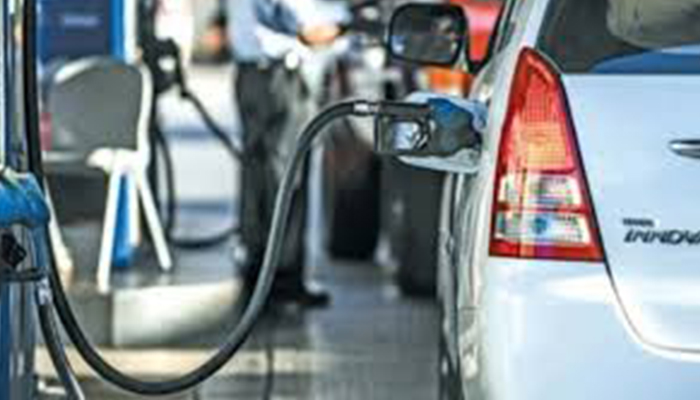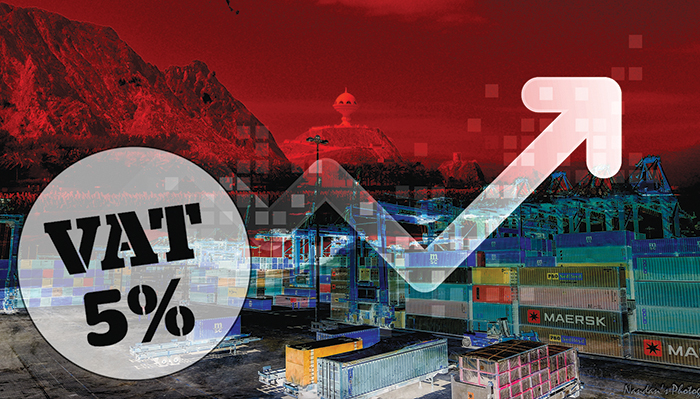

Muscat: Shopkeepers and business-owners in Oman are confident that the revenue earned from Value Added Tax (VAT) will be used towards expanding the economy and help the country achieve the goals of Vision 2040.
VAT came into effect in Oman on Friday, April 16, 2021. A flat tax of five per cent has been levied on a number of goods and services bought by customers. Despite its arrival, shops and restaurants reported brisk business over the weekend.
Also read: Oman to apply VAT on fuel
Dr Hesham Magd, the head of the Faculty of Business and Economics at the Modern College of Business and Science, said VAT would help contribute towards Oman’s economic diversification through multiple means.
“Economic balance will be achieved as this will help industries expand and move towards production,” he said.
“This helps make the goals and target of Vision 2040 more achievable. VAT will provide a permanent, reliable revenue stream for the government. Many of the GCC countries receive their primary source of income through the export of fossil fuels such as oil and gas, so this provides one of many possible alternative revenue streams.”
Read here: All that you want to know about VAT in Oman
“VAT will help supply the state treasury in meeting its deficit and debt obligations, diversify Oman’s income away from oil, and strengthen the Sultanate’s competitiveness levels and raise its sovereign ratings,” he added.
He added that VAT would also help the government fund a number of programmes geared towards social welfare, and is likely to affect people’s spending habits, because they will think twice about where to spend money.
While expenditure on basic goods is expected to stay the same, Magd observed that there is likely to be a decline in the purchase of luxury goods, as people become more aware of VAT, and therefore start planning to spend better.
“We saw the usual number of customers at our store,” said the owner of a supermarket in Muscat. “There was a little bit of confusion when it came to applying the tax to certain goods, and our staff had to double-check them, but VAT has only just come in, and I am sure most stores will get used to it in the coming days.”
“But we had a higher number of customers on Thursday, because many were coming to stock up on items before VAT began,” he added. “We actually had to turn some away in the evening, because we’re only operating at 50 per cent capacity, at the moment.”
“The government is taking dedicated efforts towards growing the economy and providing more jobs to locals, so we hope the revenue earned from VAT also goes towards that,” he explained.
At a restaurant in Al Khuwair on Saturday evening, orders were coming in thick and fast, particularly after the day’s Ramadan fast had ended.
“Our phones have been ringing incessantly since about 5pm, and we have had a good number of orders throughout the day,” explained the restaurant owner. “We’ve had a good number of orders through the day as well: the arrival of the new tax does not seem to have impacted our business.”
He went on to say: “The objective of Oman’s economic expansion is to build a strong economy that will provide good standards of employment, and if VAT helps achieve that, then I am all for it. VAT is a very small sacrifice for all of us to make towards progress and development, particularly when there are more than 400 essential food supplies and a number of other services that are not going to be taxed.”